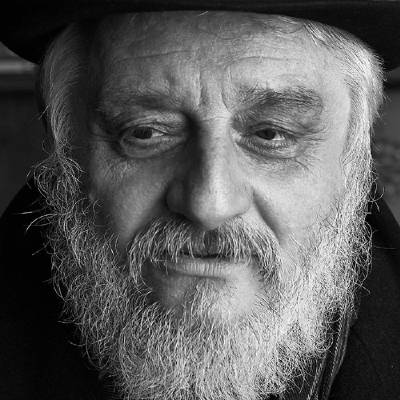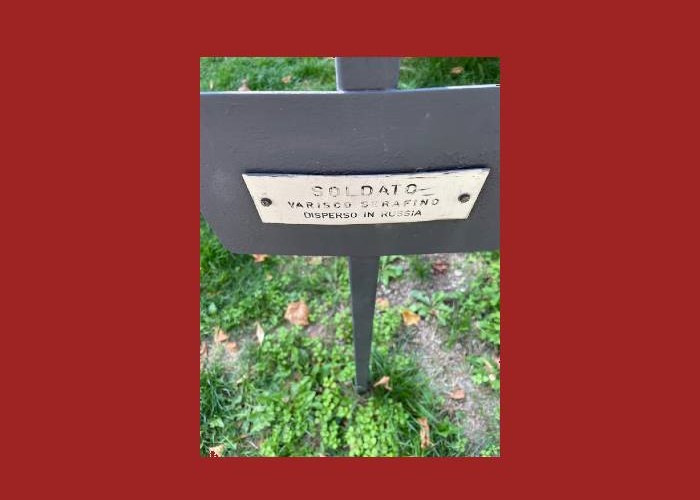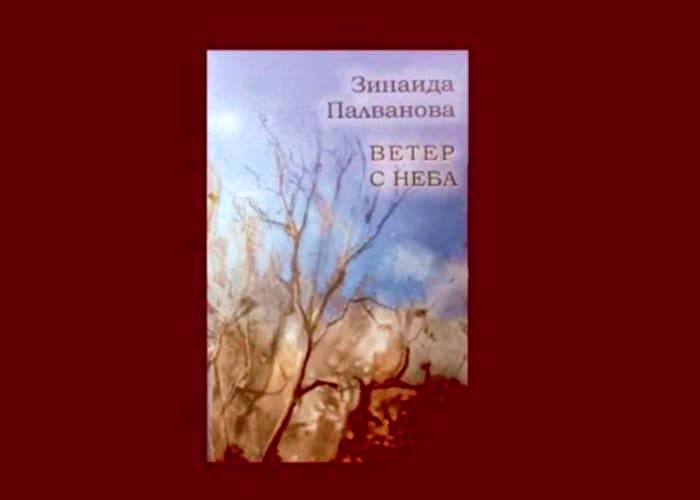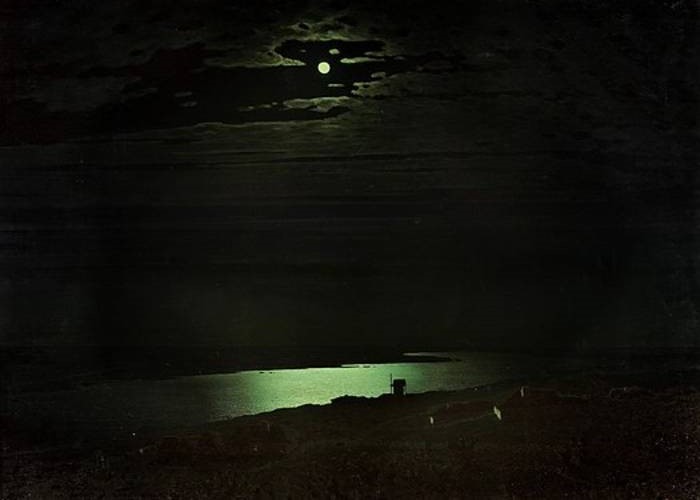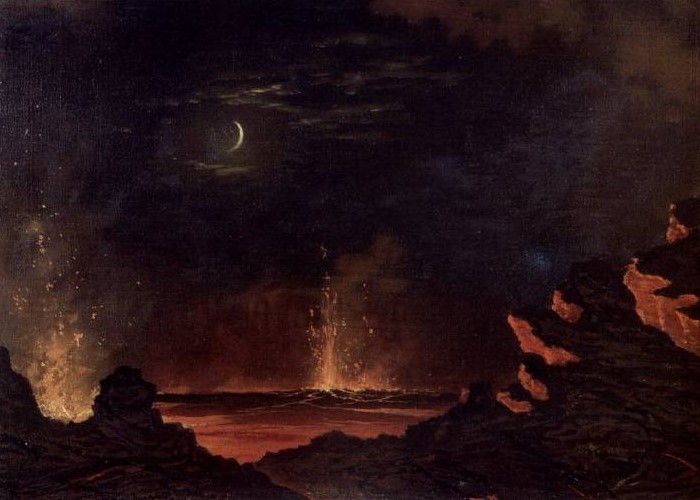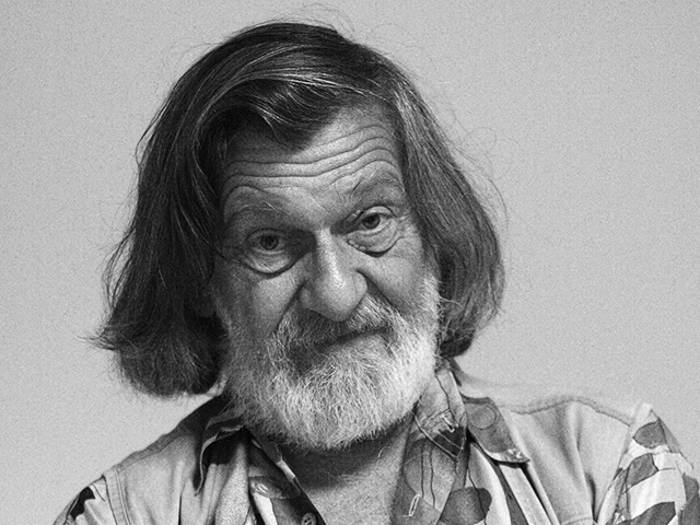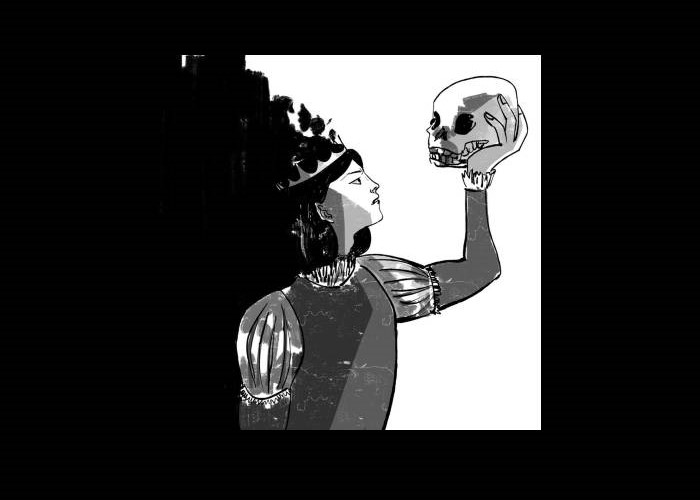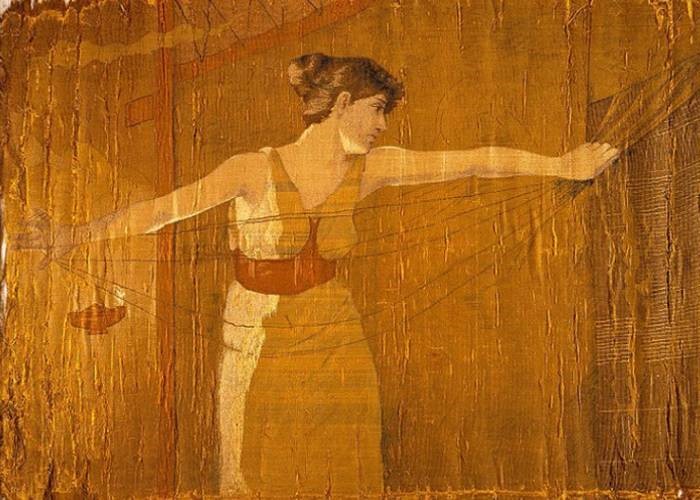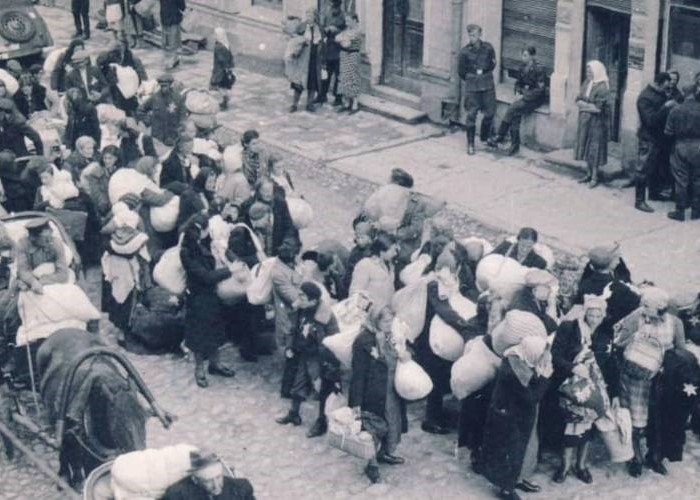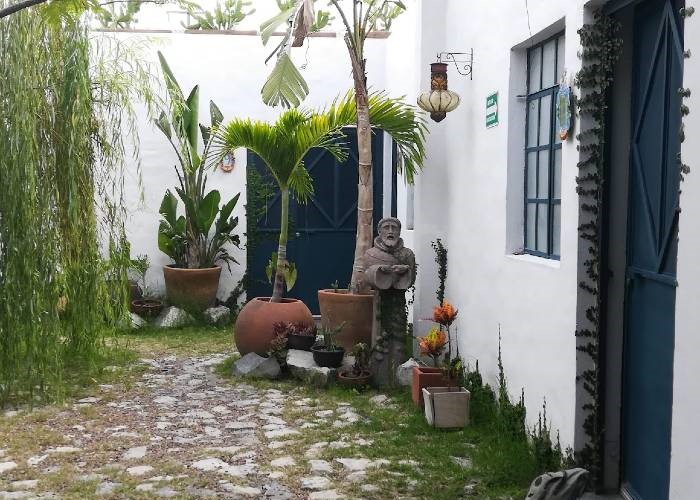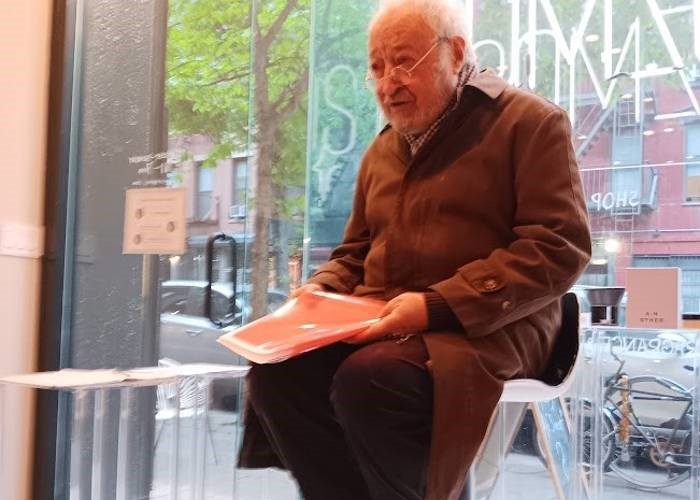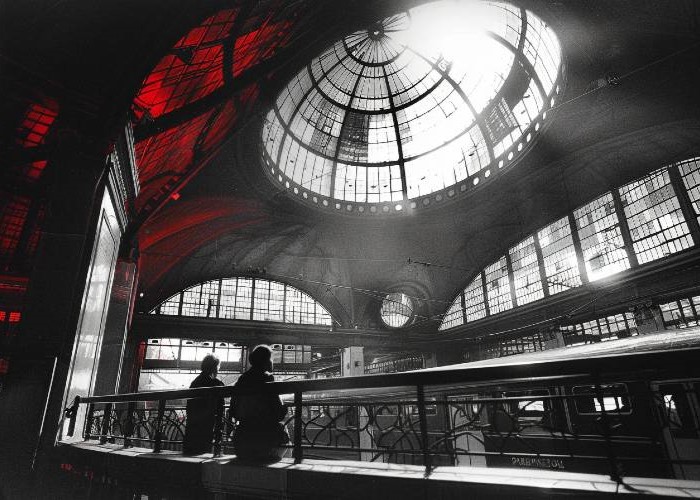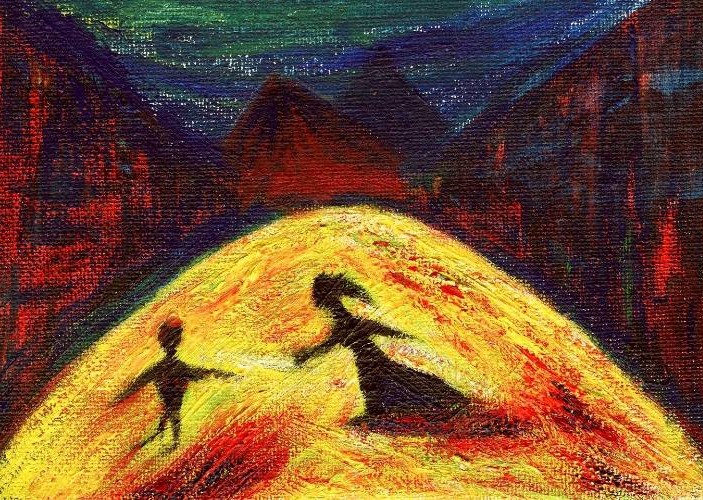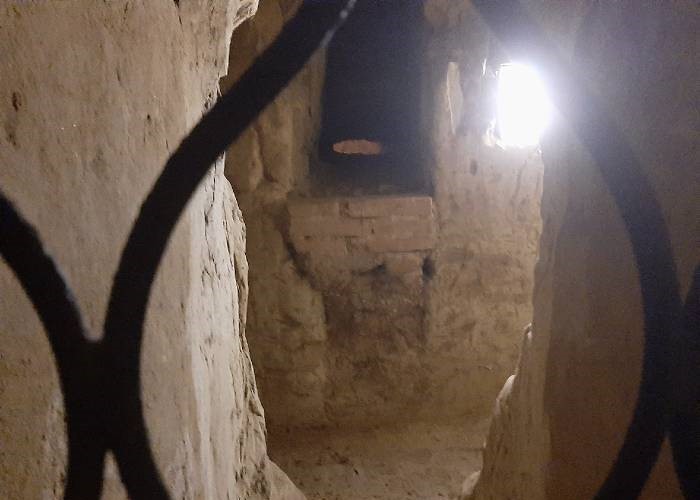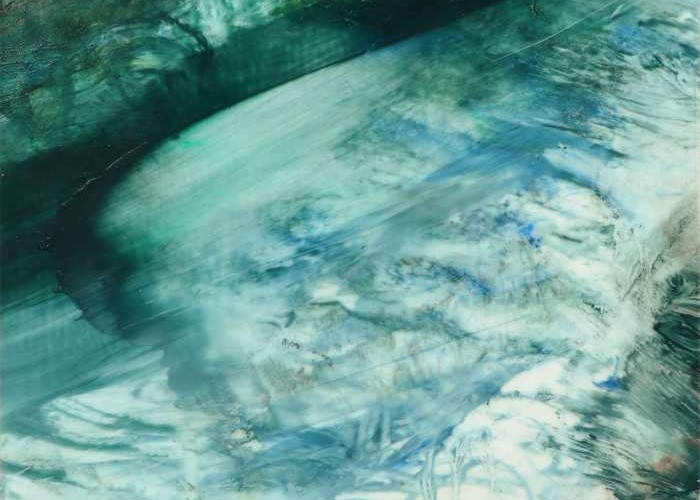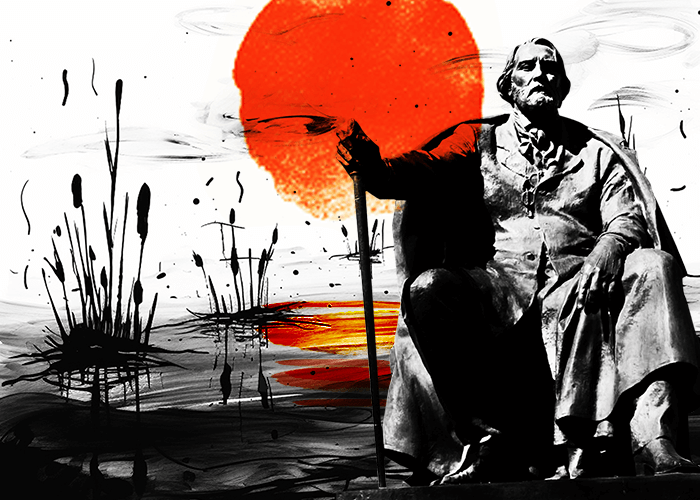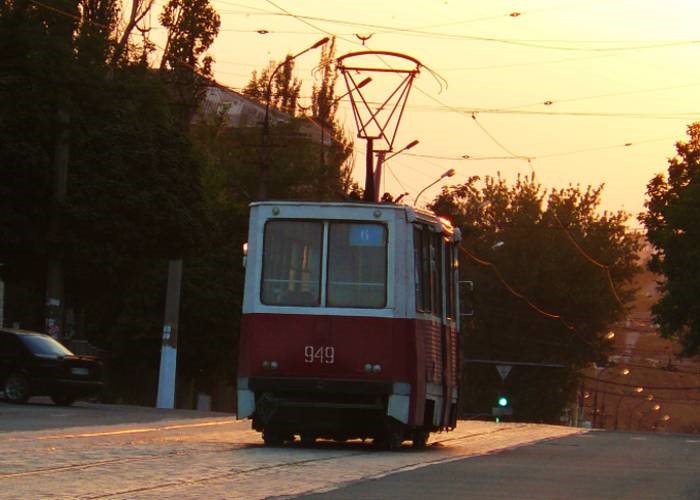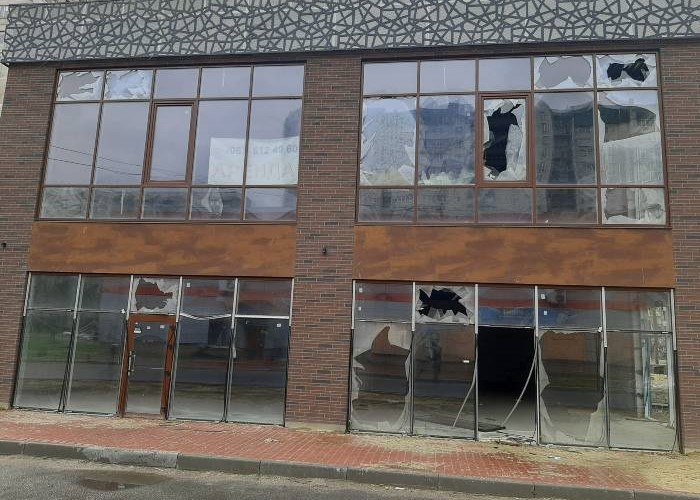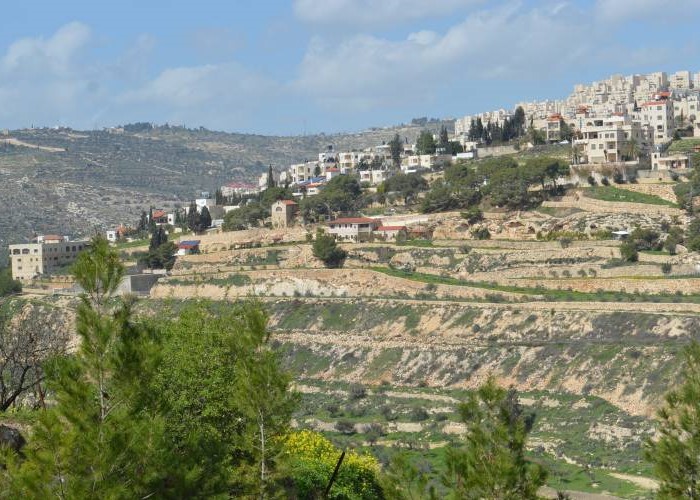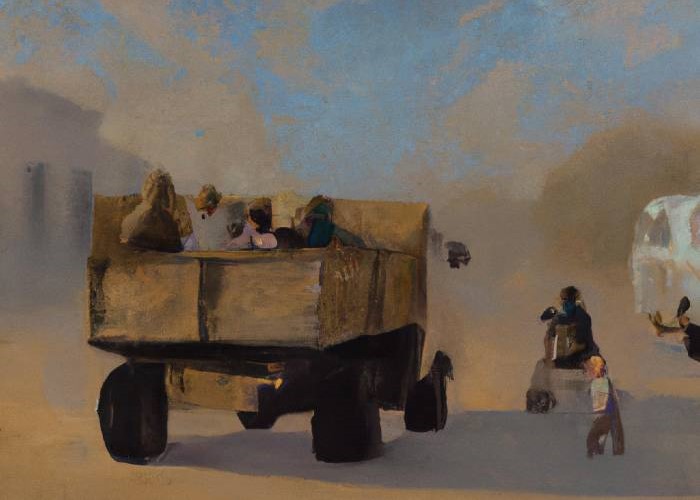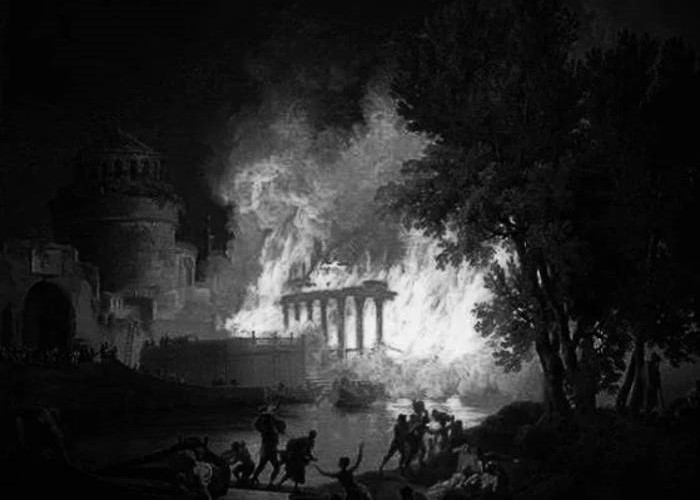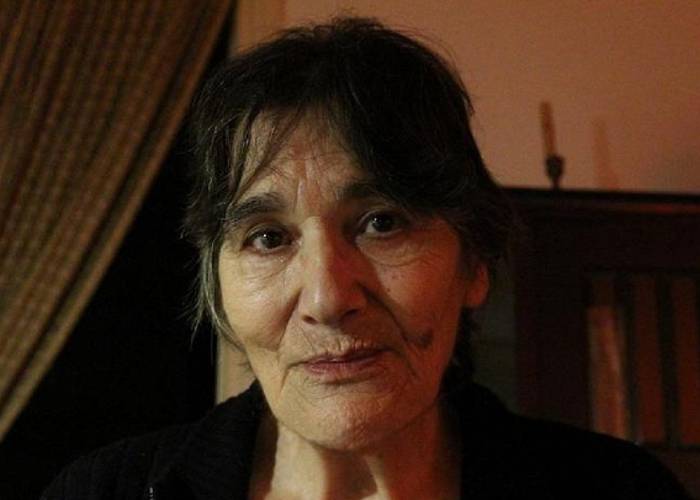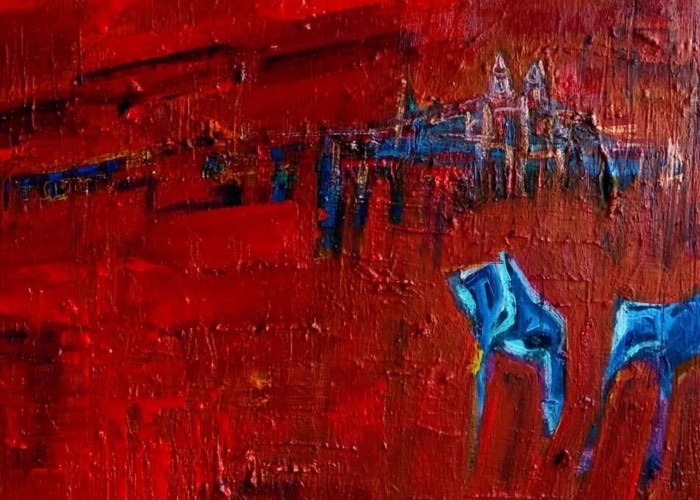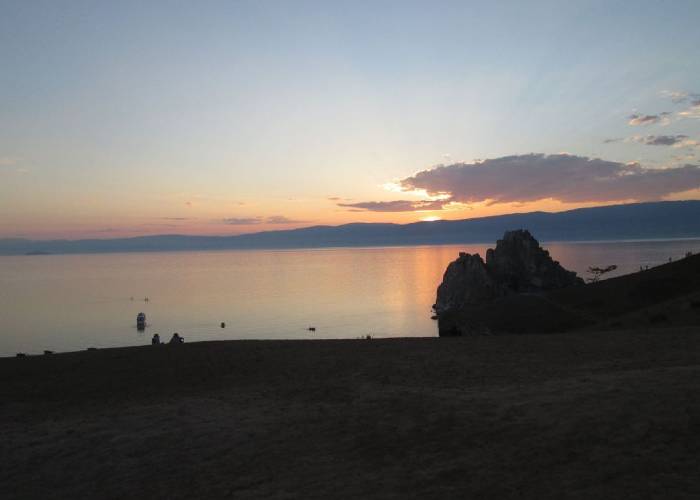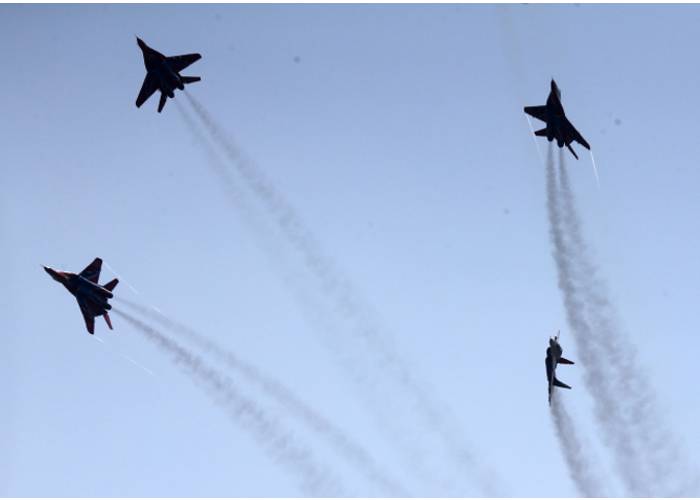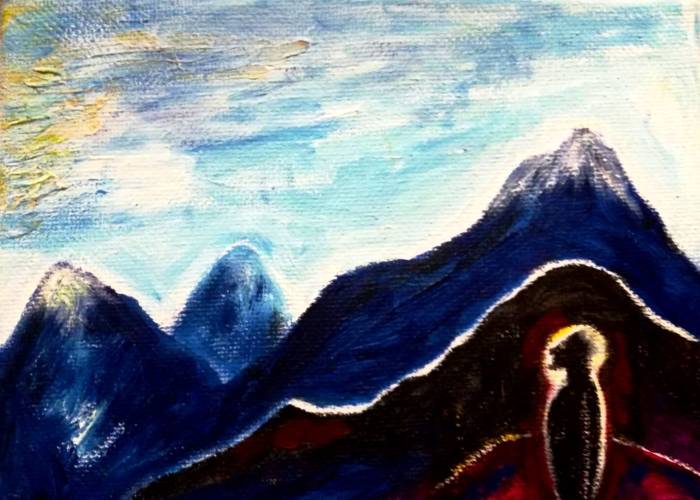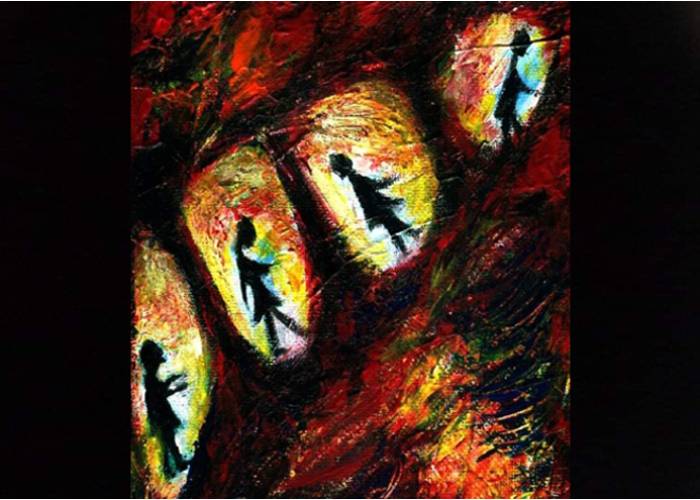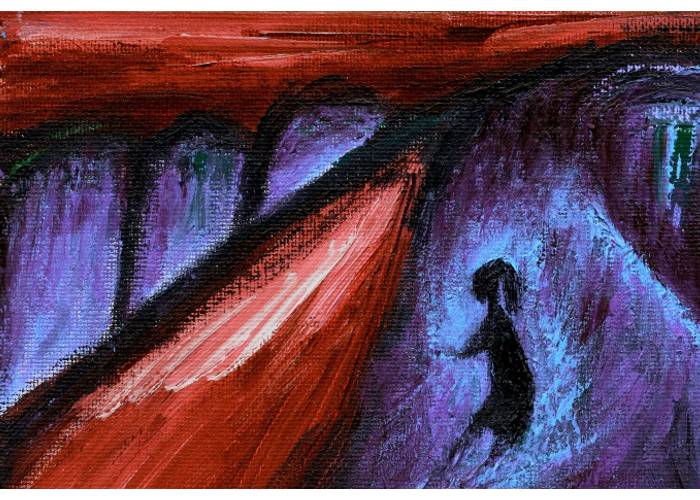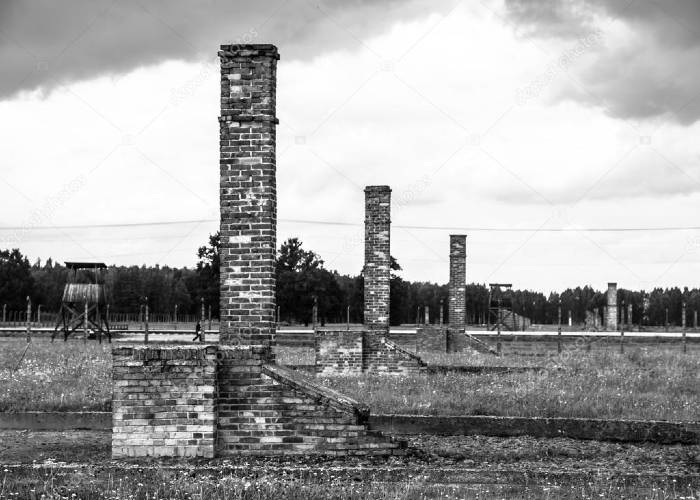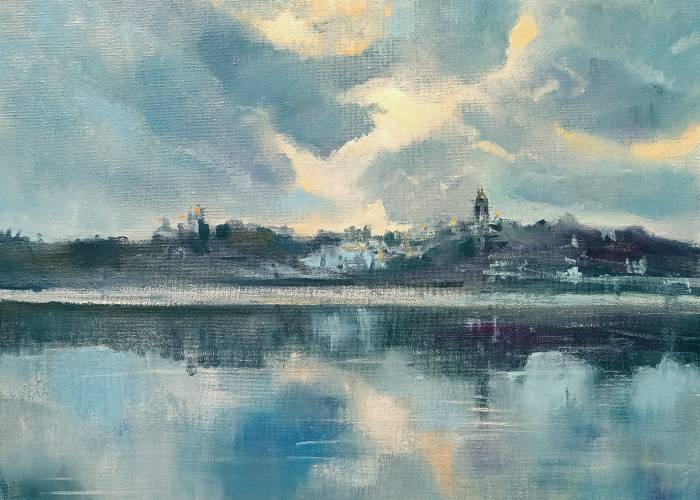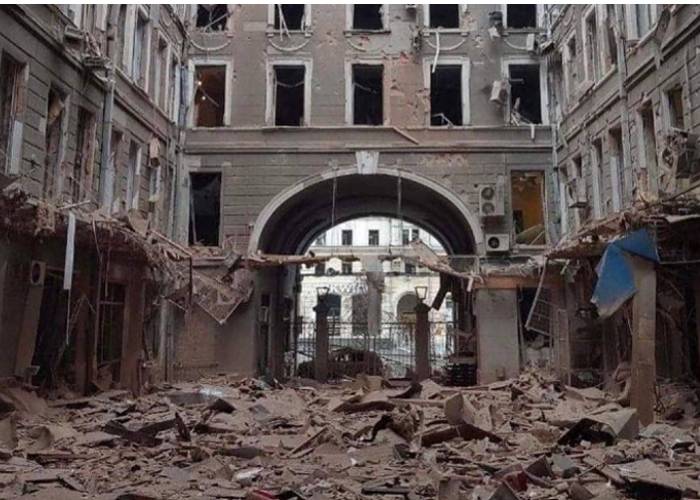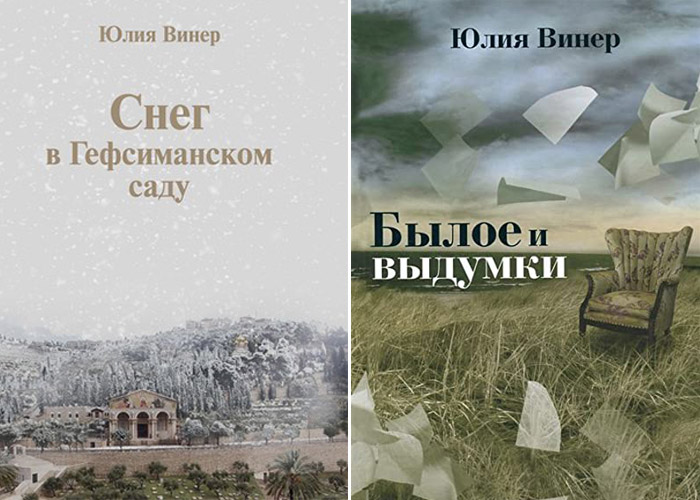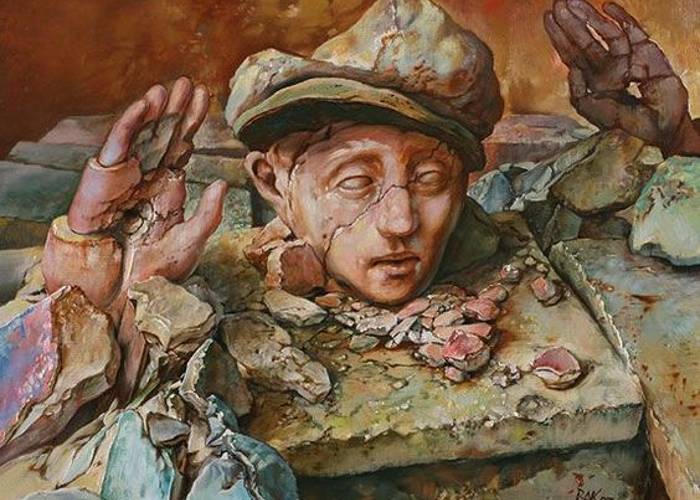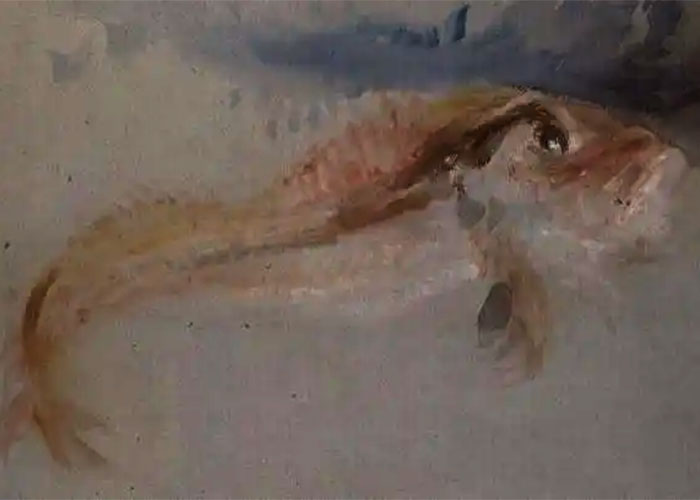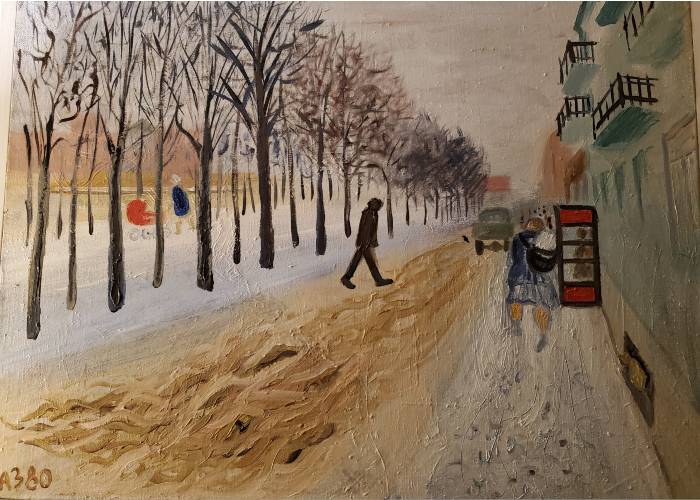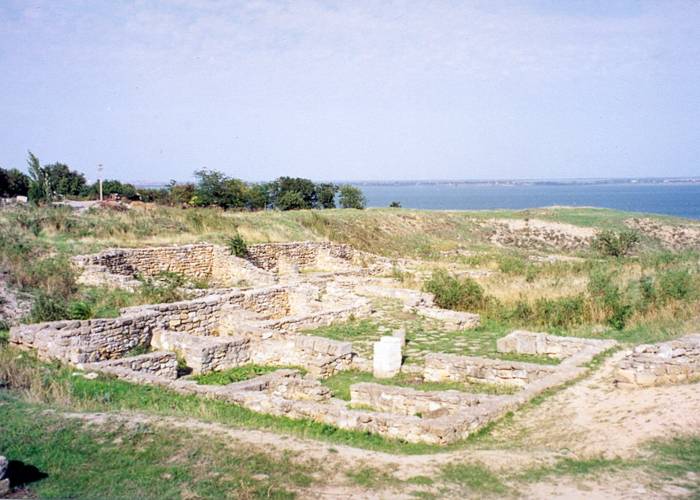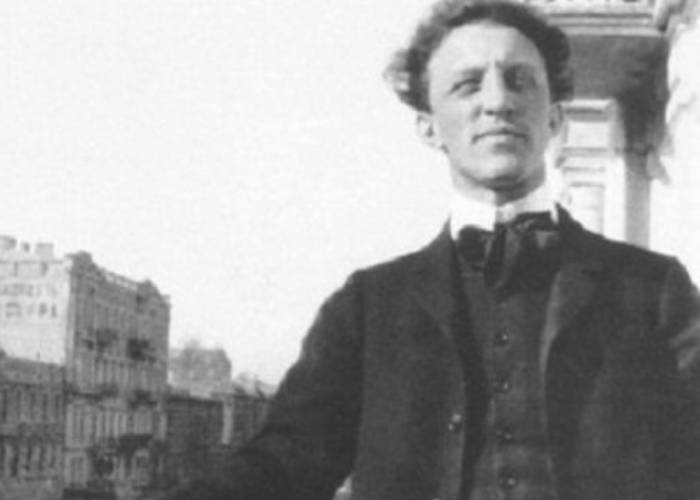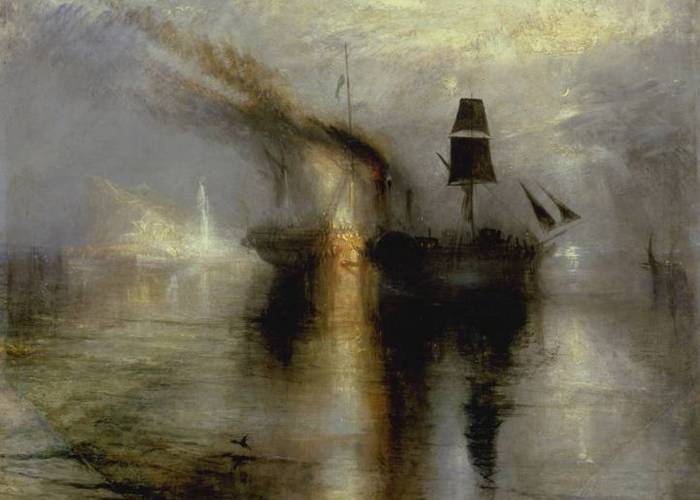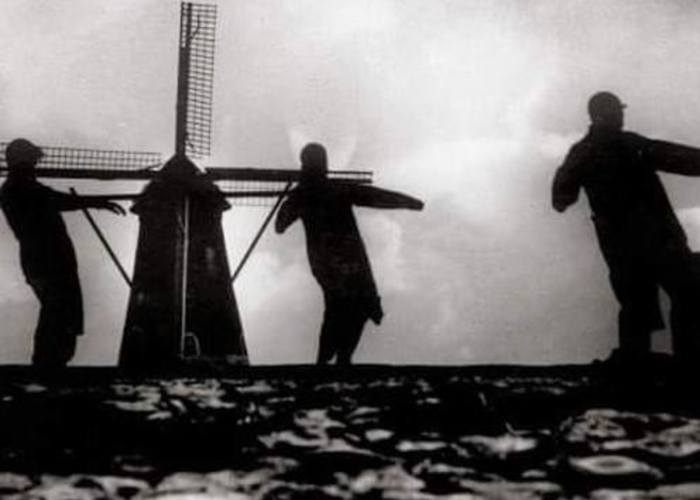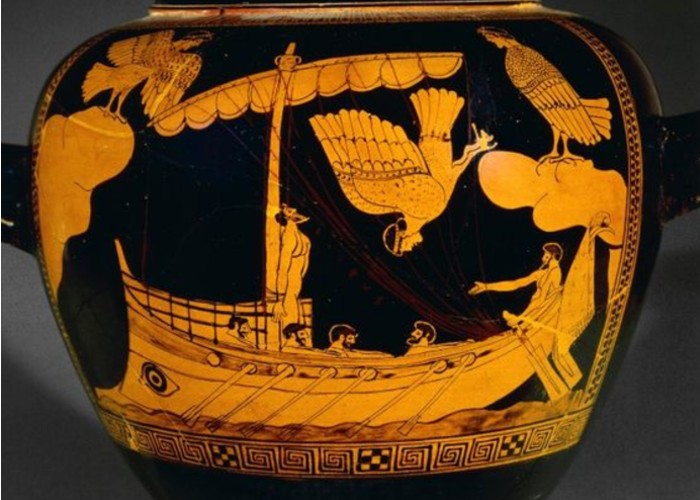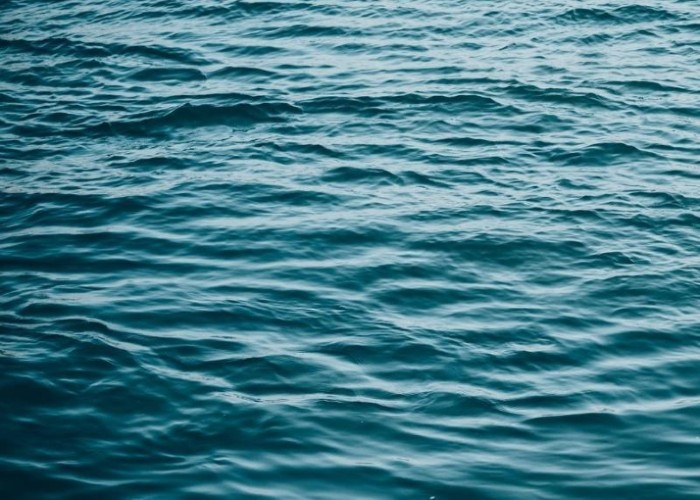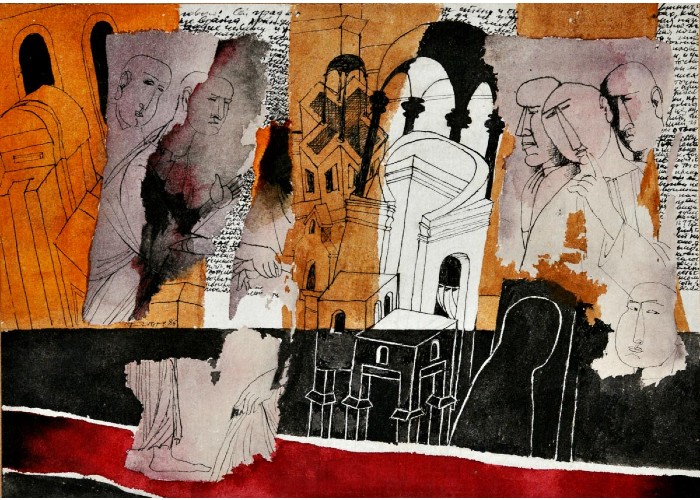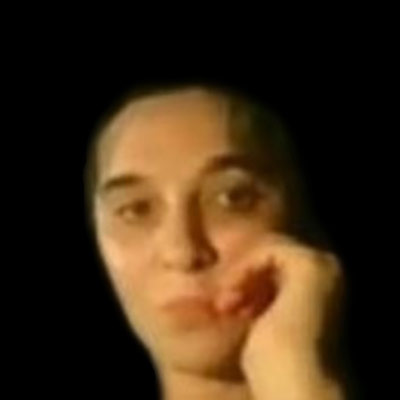A rabbi in heaven sits on a golden throne.
On his left shoulder sits Moses, on his right shoulder, Aaron,
they whisper wisdom in his ears from both sides,
this is the oral Torah, the unbreakable law.
A kosher fish swims in a river of honey.
A cloud of milk grazes in a cloud of meat in the distance.
No one dares to boil a baby goat again in the milk
of a hussy goat bought for pennies at a town fair.
It was a good fair, and the town was not bad at all,
and its goat was a good, milking floozy,
and its synagogue was wide and east-facing,
and its mustachioed policeman sported a whistle in his crooked teeth.
Now they are all here, in the sky, where the challah is laid out on the table,
and yet I wonder about what’s left down there on earth,
how are the neighbors’ children, are they well off and warm,
do they still find gold crowns in the ashes.
If they do, they probably believe they are lucky!
A girl leans on her paddle in a park where the cemetery used to be.
In a synagogue, there’s a dance club or maybe a church—Christ is Risen.
Pity that from your heaven you cannot see these details.
